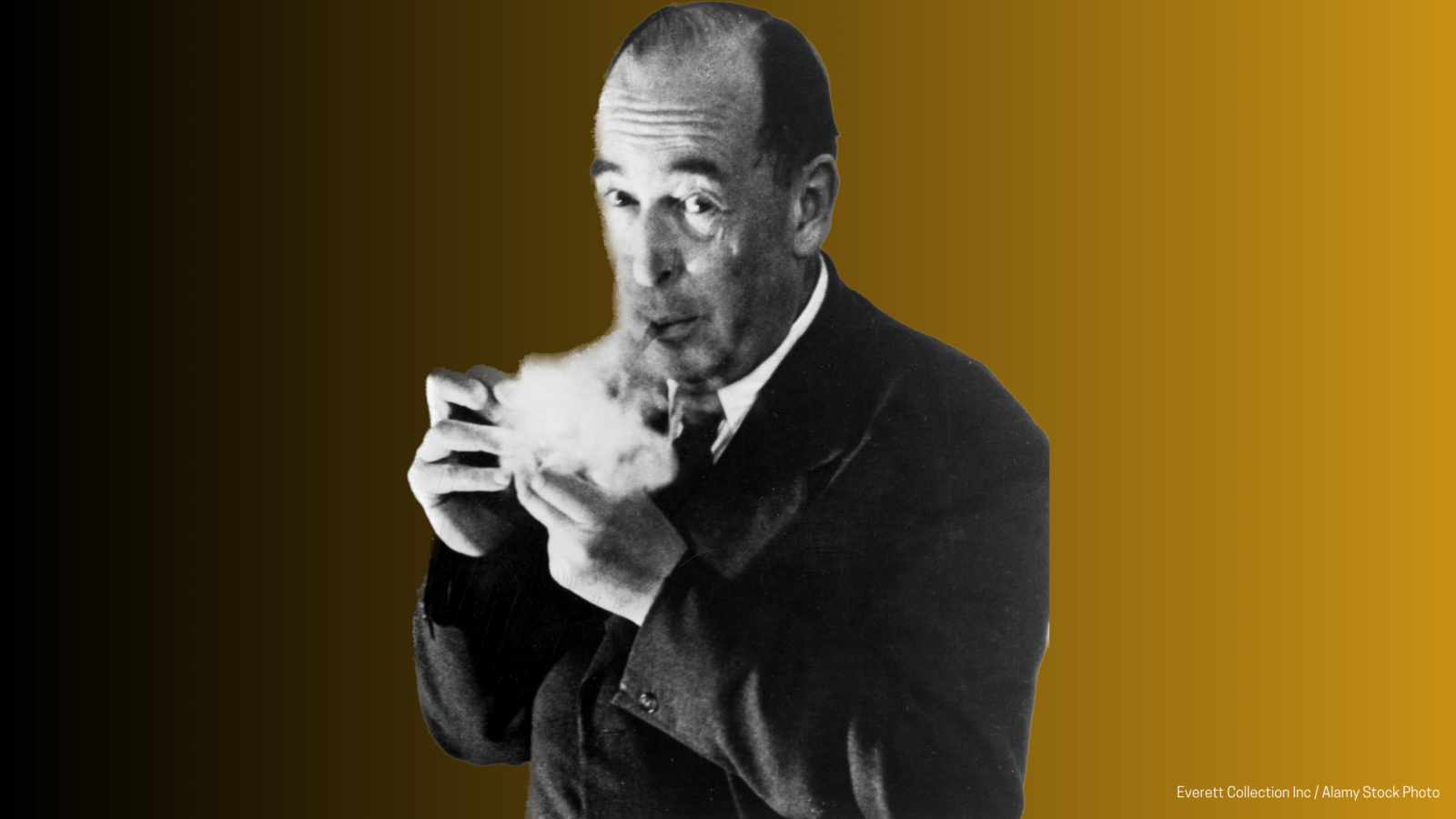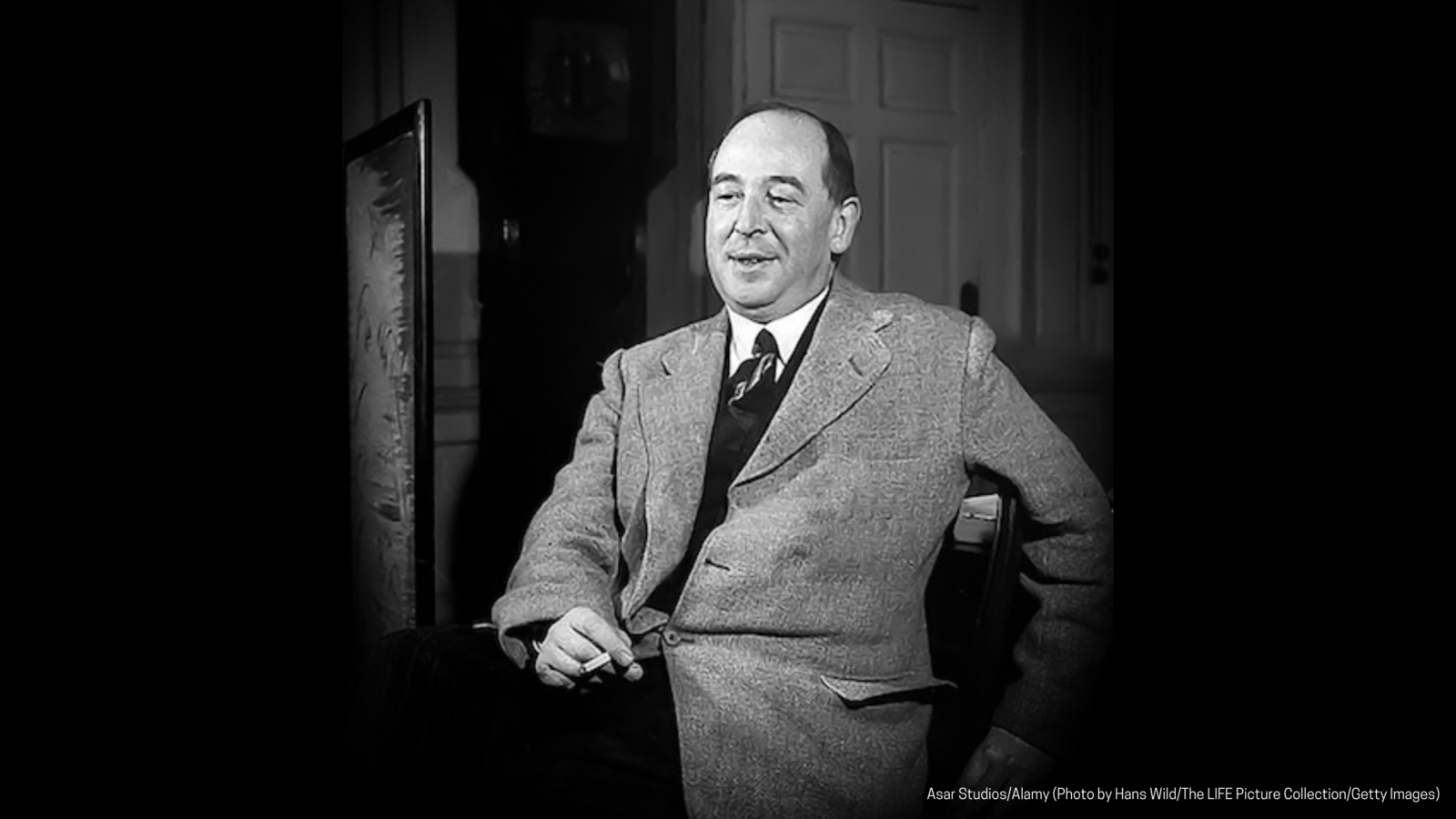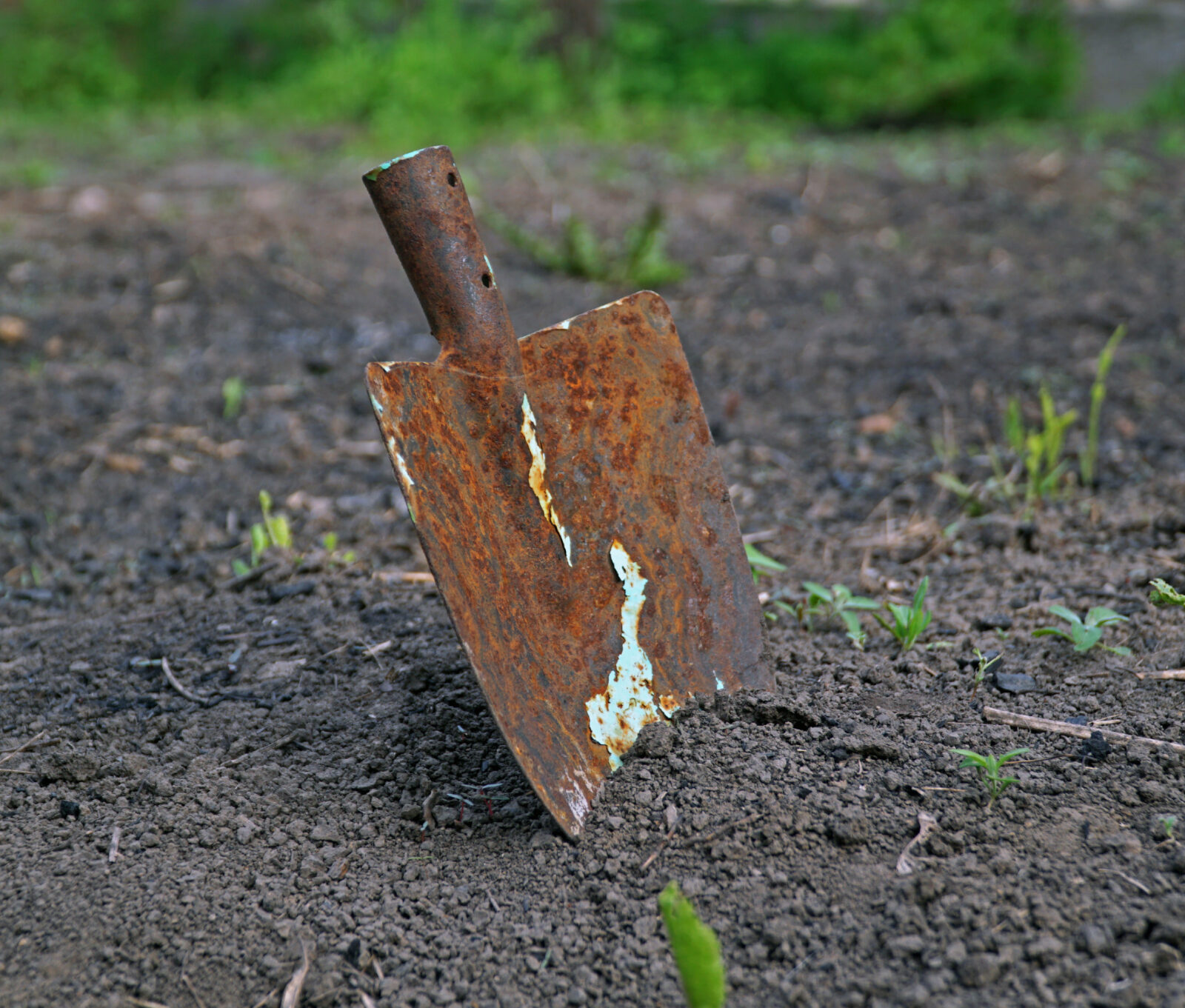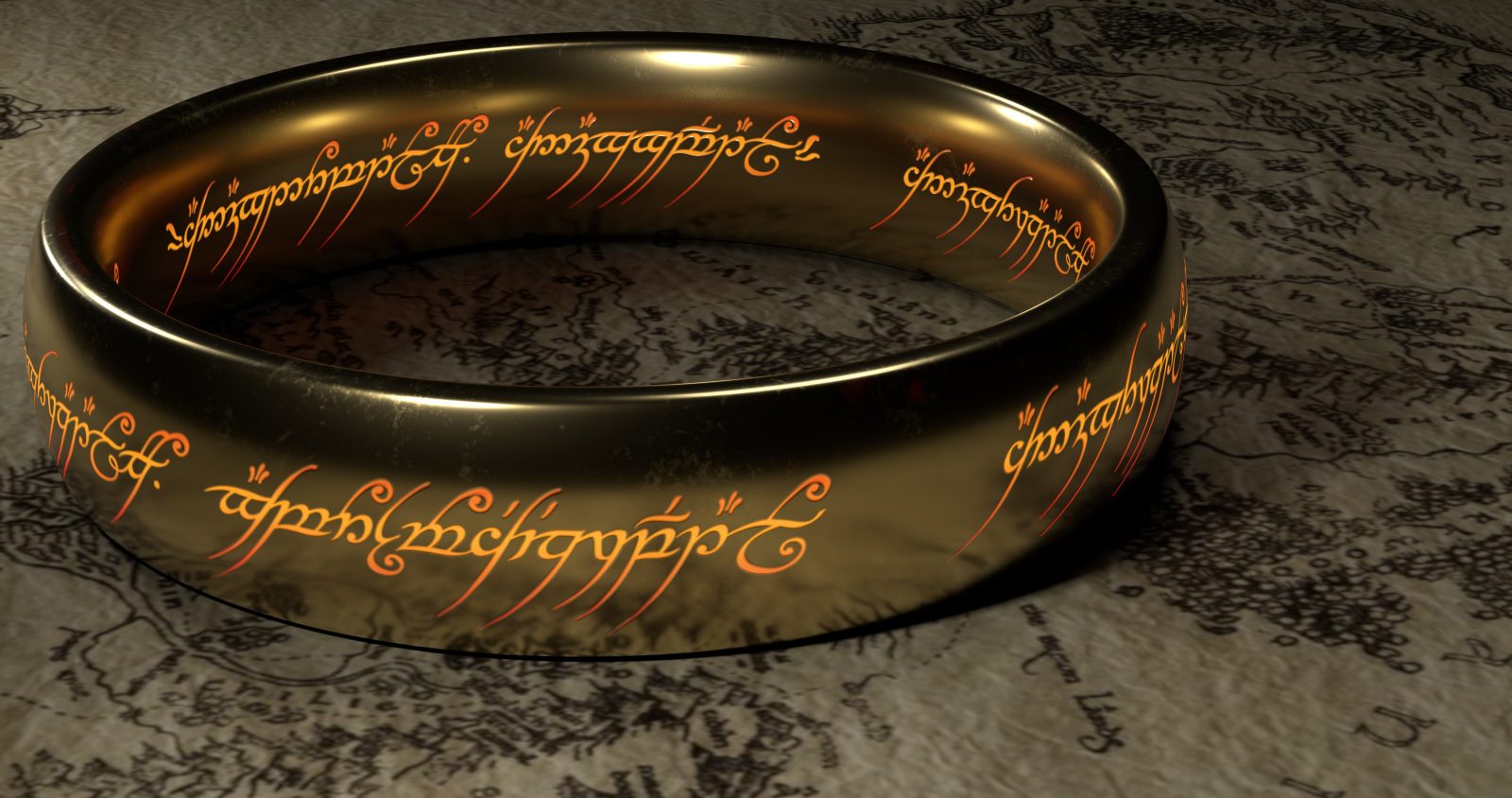


C. S. Lewis’s Prophetic Legacy on Scientism

Nature Paper: Groundbreaking Science on the Decline
On today’s ID the Future philosopher of science Paul Nelson discusses a new paper in Nature making waves in the scientific community, “Papers and Patents are Becoming Less Disruptive over Time.” According to Michael Park and his fellow researchers, the rate of groundbreaking scientific discoveries is declining while the percentage of consolidating (or incremental) science is coming to dominate. Is the spirit of groundbreaking scientific discovery withering, and if so, why? Nelson notes a 1997 book by John Horgan, The End of Science. Nelson credits Horgan for seeing the trend a generation ahead of the Park paper, but Nelson breaks with Horgan on the diagnosis. Horgan posits that groundbreaking science is declining because we have already made most of the big breakthroughs there are to make. Nelson begs to differ. He suggests the problem lies elsewhere and likely is multifaceted. Tune in to hear his analysis and his prescription for reinvigorating the scientific enterprise in the twenty-first century. Crowther and Nelson discuss two other papers during their conversation. For Nelson’s paper on disruption and consensus in science, “The Paradox of Consensus,” go here. For the Thomas Gold paper on the problem of the herd effect in science, go here.

The Gollum Effect in Science, from Tycho Brahe to Today
On this ID the Future, host Andrew McDiarmid sits down with historian and philosopher of science Michael Keas to discuss a recent article at Times Higher Education, “My Precious! How Academia’s Gollums Guard Their Research Fields.” The article looks at how scientific progress is being impeded by a culture in which scientists jealously guard their research instead of sharing it. Keas says the problem seems to have gotten worse in recent years but isn’t a new one. He illustrates with the story of Tycho Brahe and Johannes Kepler. Brahe, a sixteenth-century Danish astronomer, sat on his astronomical research for years, rather than sharing it with Johannes Kepler, his assistant. Kepler only got hold of it when Brahe died unexpectedly shortly after a banquet. The rumor began that perhaps Brahe had been poisoned to free up access to his research, data that eventually allowed Kepler to make his revolutionary breakthrough, his three laws of planetary motion that cinched the case for a sun-centered model of the universe. Keas goes on from there to explain what a later autopsy revealed about Brahe’s cause of death. Then he discusses some modern-day power plays involving evolutionists jealously guarding the Darwinian paradigm against those who would challenge it. Finally, Keas enumerates some of the virtues that can help further the progress of science, including generosity and a humble willingness to listen to criticism. For more surprising facts in the history of science, check out Keas’ recent book, Unbelievable: 7 Myths About the History and Future of Science and Religion.